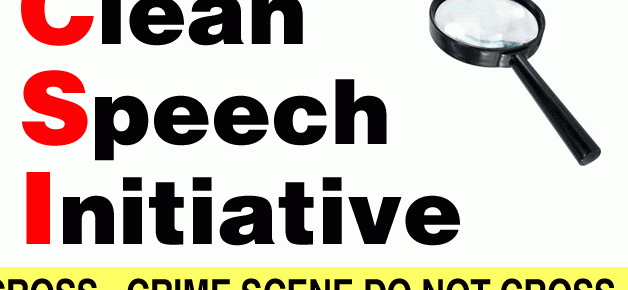In Defense of Clean Speech in Christian Fiction, Part 10

See Part 1, Part 2, Part 3, Part 4, Part 5, Part 6, Part 7, Part 8, and Part 9. Note: This installment deals with some specific crude words found in the King James Version of the Bible. Secondary Considerations: But Doesn’t God Use Vulgarities in the Bible? Some Christian authors who defend the use of mild cussing and/or vulgar words in Christian novels point to the Bible as their defense. Unbelievable as this may seem, they claim vulgar language appears in the Old Testament. And if God used vulgar language in His Word, they say, they have every right to use it in their novels. Here are just a couple of the Bible verses they cite: 2 Kings 18:27; and Malachi 2:1-3. Here I list the verses in question (quoted in the King James Version [KJV], the translation at the heart of the debate): But Rabshakeh said unto them, Hath my master sent me to thy master, and to…
Read more